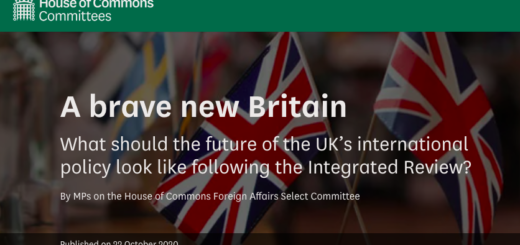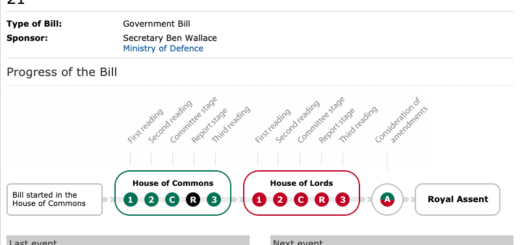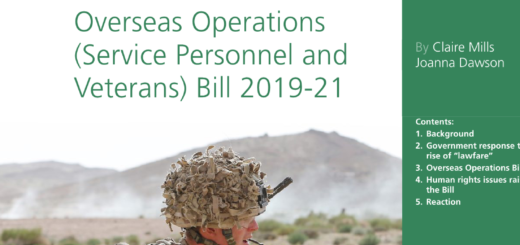Creation of the APPG: 17 October 2012.
The inaugural meeting of the APPG opened at 10am on Wednesday 17th October. There was a solid turnout from both Houses and from the Group’s civil society stakeholders. The aim of this first meeting was to establish the terms of reference for the work of the Group and elect the Group’s officers.
The three strands of the Group’s work were introduced by Tom Watson MP. These were: the use of drones by the United States in Pakistan, Yemen, Somalia and elsewhere; their use by the UK internationally (currently understood to be in Afghanistan and Libya); and their use domestically in the UK by police forces and others. Within these themes, he commented, was a need to examine the legal and ethical frameworks which govern the use of drones.
The election of the Officers resulted in the following: Tom Watson MP was elected as Chair of the Group. Baroness Stern and Zac Goldsmith MP were elected as Vice Chairs. Dave Anderson MP was elected as Secretary. John Hemming MP was elected as Treasurer.
The meeting then moved to the presentations from two speakers. Clive Stafford-Smith, Founder and Director of Reprieve presented an overview of the use of drones by the United States in Pakistan. He drew parallels with the nuclear age and argued that the world was sleepwalking into a drone war. He queried whether drones could be considered a miracle weapon. A central theme of his presentation was the issue of secrecy around the use of drones and the numbers killed. He argued that their impact was to increase the ease with which states could go to war. Citing the case of Tariq Aziz, a 16 year old child killed in a drone strike who was initially described as a militant, Clive was clear that he, along with his brother, were simply in the family car to pick up their aunt, when they were targeted. Clive highlighted the recent report by Stanford University which focused on the on-going psychological impact of drones over Pakistan; he also drew parallels with the doodlebug experiences of the Second World War in London. Clive made reference to civilian ownership of drones, citing the lack of oversight of such ownership. He finished by emphasising the need for an open and public debate on the issue of drones and the importance of the APPG in developing this debate.
The second speaker was Chris Cole of Drone Wars UK; he focused on the UK’s use of drones. He began by describing the range of drones currently owned and operated by the Ministry of Defence (MoD) including the HERMES drone, rented from Israel, which will be replaced by Watchkeeper drones. While currently RAF drone pilots are based at Creech, in the United States, they will shortly be returning to the UK. As at 31st August, the UK has undertaken 319 drone strikes. This is a similar number to the United States, who are currently believed to have killed between 400-800 civilians; I contrast, the MoD claims that they have only killed 4 civilians in drone strikes. This means, Chris posited, that either the UK is exponentially better at using drones or there is something wrong with the counting of deaths by the UK. Chris touched on the different international legal frameworks in operation in Pakistan and Afghanistan but pointed to issues of the status and definition of combatants. He highlighted the levels of investment by the UK Government in drones. For example, to date, £900 million has been spent plus £1.1 billion has been spent on research and development. Chris also highlighted the increased automation of drones and the rise of their use in civil airspace. In conclusion, he pointed to concerns that the increased use of drones was leading to the proliferation of conflict and cited the example of the United States, which is currently involved in six conflicts this year.
There was a wide ranging discussion following these presentations. For example, a question was raised at the testing of drones in Wales, and the impact upon the civil liberties of local people. Concern was raised at the difficulties in counting casualties, a point challenged by the work of the Bureau of Investigative Journalism, which records casualties from drone strikes in Pakistan. Other issues considered included the allegation that the UK was sharing intelligence with the United States for use in drone strikes, and the consequences of such sharing as well as concerns at the potential for criminal charges to be laid against drone pilots. Drone pilots featured further in discussion with concerns at the signs of Post-Traumatic Stress Disorder, shown by drone pilots. Members were keen that the Group engaged with relevant civil society, and raised awareness more broadly on the use of this weapon.
APPG Speakers briefing 17.10.2012




